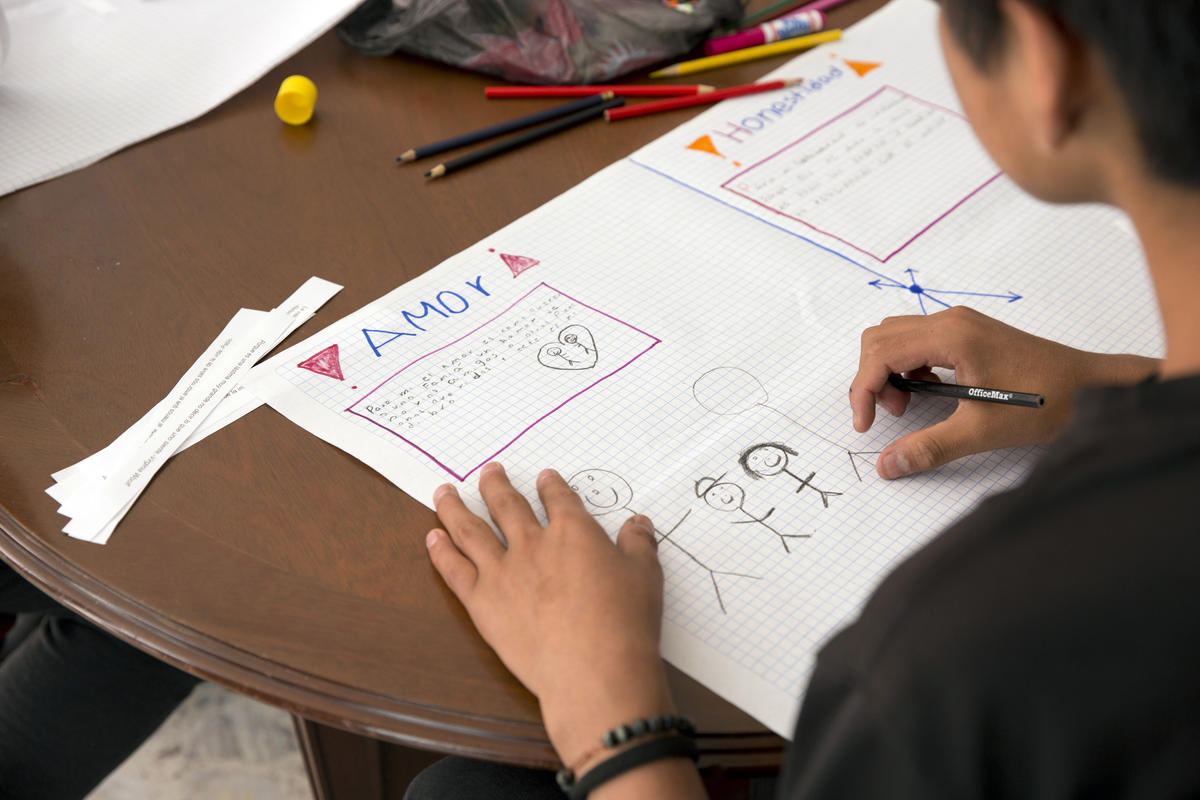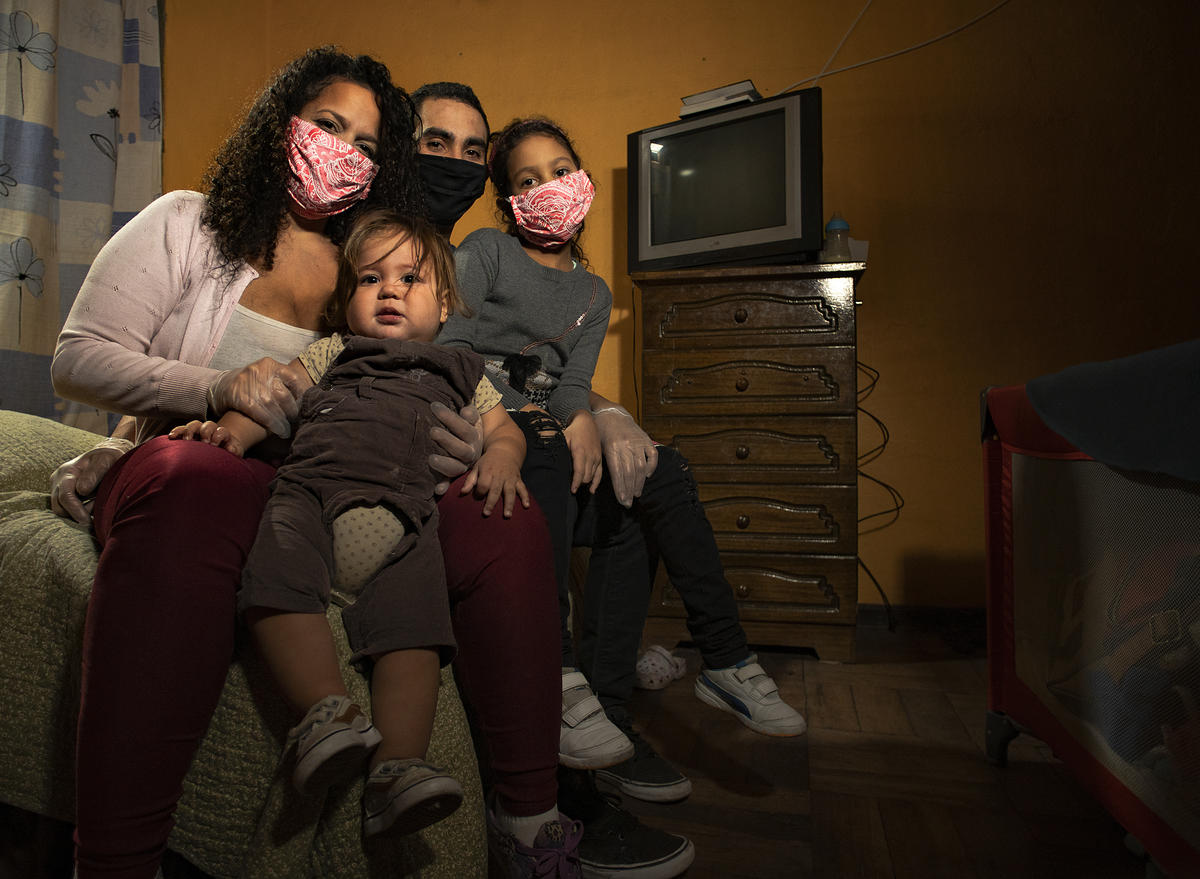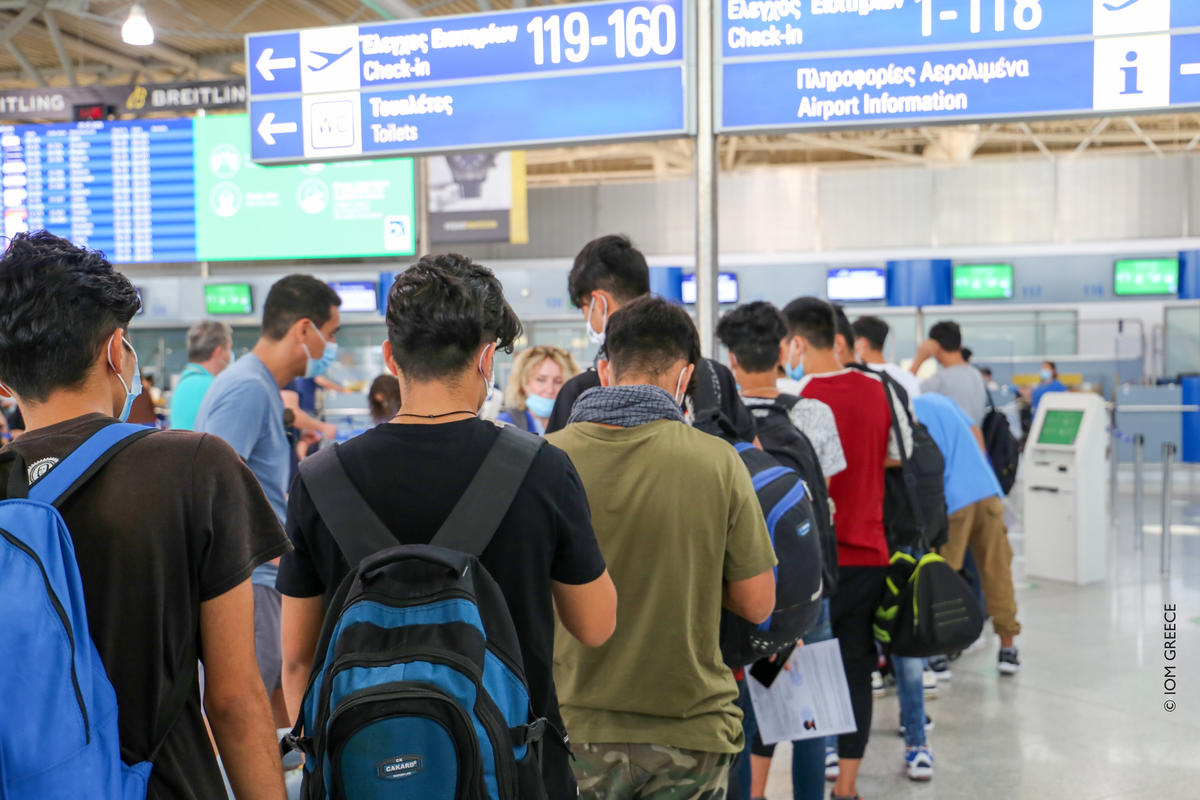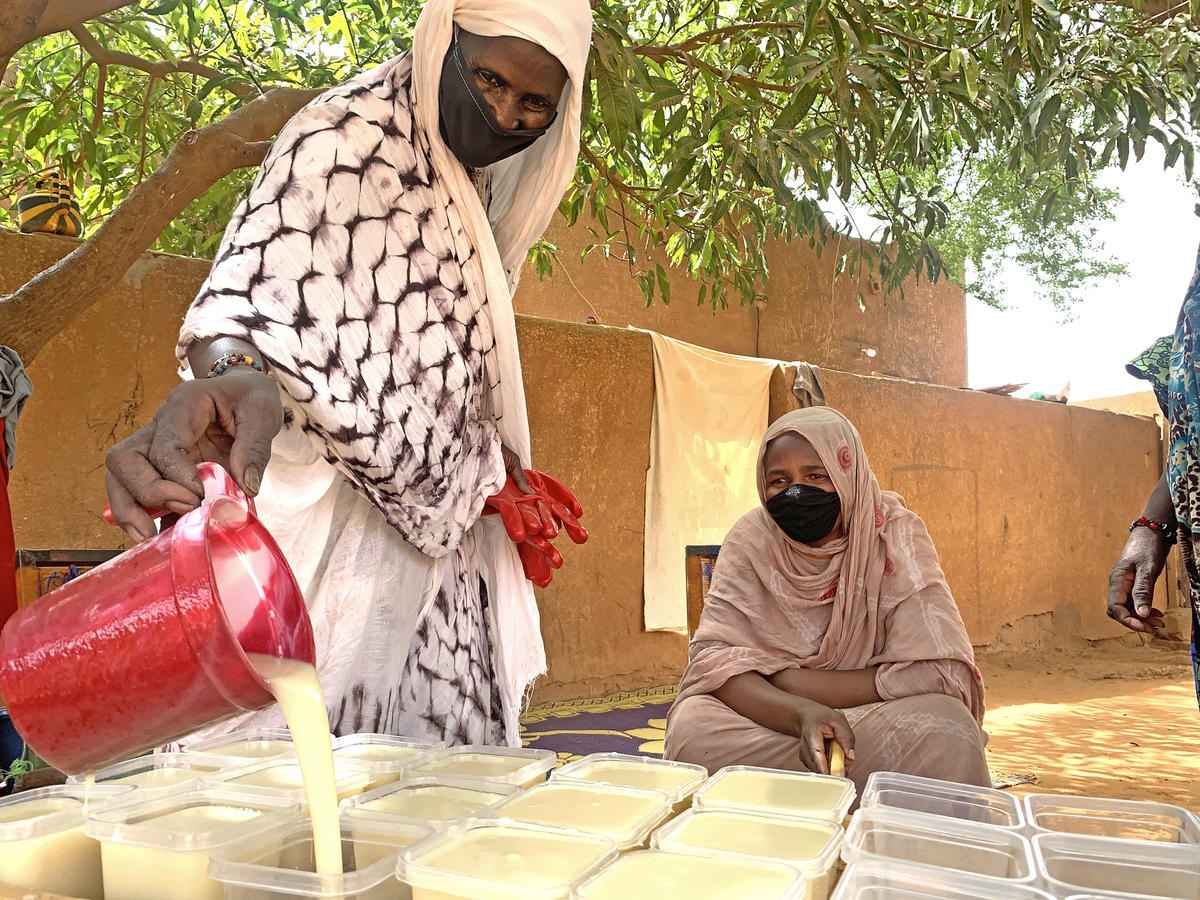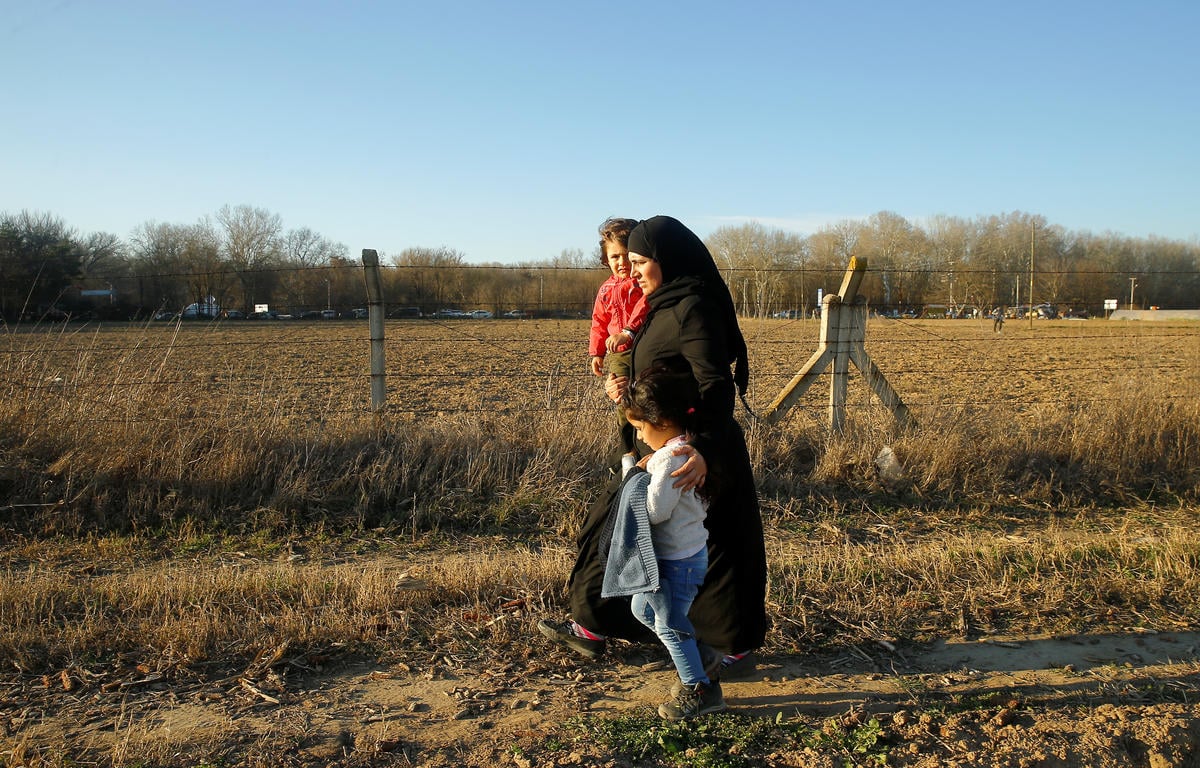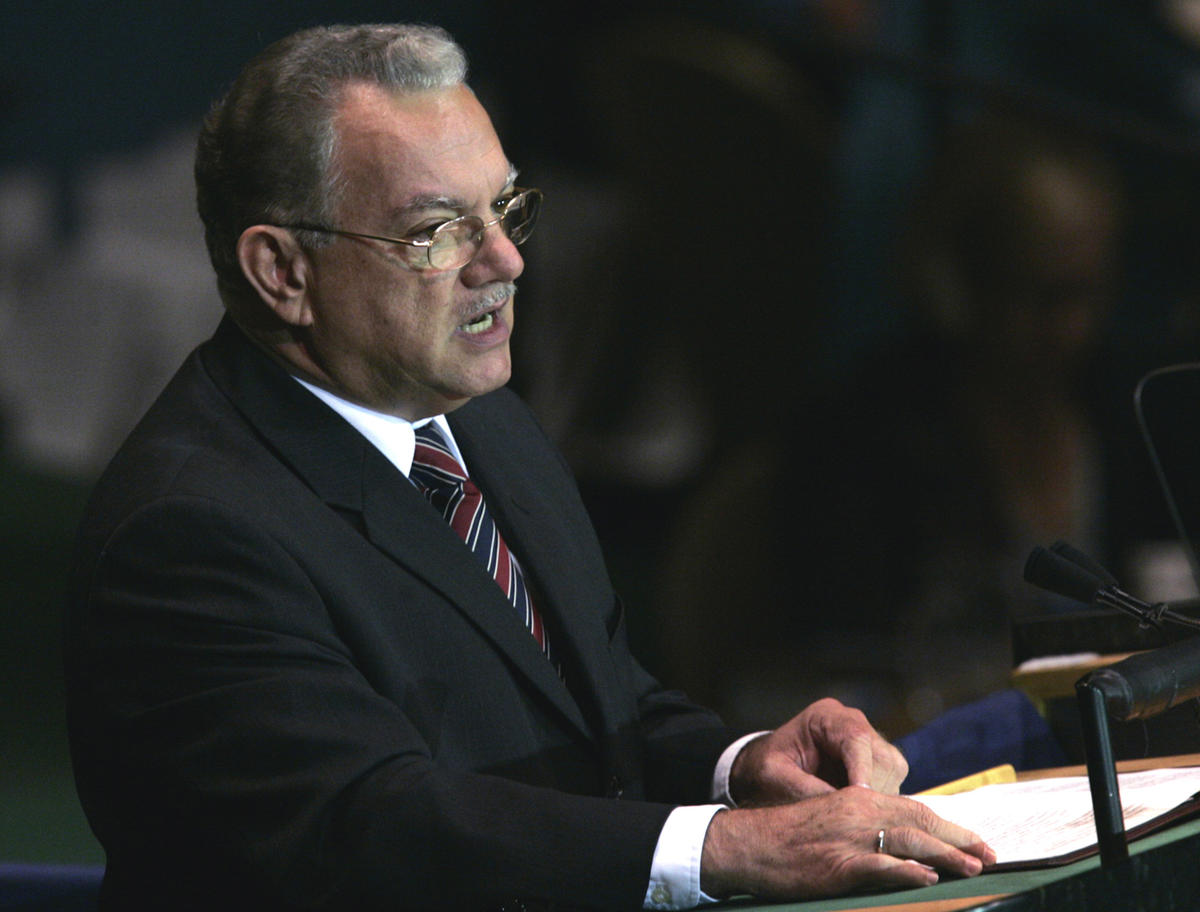Guterres unveils action plan to protect rights in migratory movements
Guterres unveils action plan to protect rights in migratory movements
Monday, 10 July 2006
RABAT, Morocco - U.N. High Commissioner for Refugees António Guterres today called for governments and regional, international and non-governmental organisations to work together to uphold the rights of refugees and migrants in mixed migratory movements.
Unveiling a 10-point action plan at the Euro-African Ministerial Conference on Migration and Development in the Moroccan capital, Guterres noted that the current movement of people from Africa towards Europe, due to its irregular nature, presented a number of challenges to European and African states.
He said the Rabat meeting, which brings together some 60 European and African countries, provided a timely forum to explore two important and related issues - migration and development. Quoting a UN Declaration, he noted that the right to development is "an inalienable right, by virtue of which every human person and all peoples are entitled to participate in, contribute to and enjoy economic, social, cultural and political development, in which all human rights and fundamental freedoms can be fully realized."
"It is precisely because they are unable to exercise their right to development that so many people - including migrants who are looking for a better standard of living, and refugees who are looking for safety and security - feel obliged to leave their own country and move elsewhere," Guterres said.
"While we must maintain this fundamental distinction between refugees and migrants, we must also recognize that both forms of mobility are often rooted in the broader problem of under-development. I hope that this conference will enable the states of Africa and Europe to formulate cooperative approaches to the challenge of development - approaches which can help us to create the conditions that enable people to migrate out of choice, rather than necessity."
Guterres called for "special attention" on the phenomenon of so-called "mixed movements" in which migrants and refugees move alongside each other, often in an irregular manner, using similar routes and modes of transport. Such movements are termed "irregular" because they often take place without the requisite documentation and frequently involve human smugglers. The people who move in this manner often place their lives at risk, are obliged to travel in inhumane conditions and may be exposed to exploitation and abuse. States regard such movements as a threat to their sovereignty and security.
"While recognizing the difficulties that such movements can pose for states in terms of national and local security, we must ensure that the measures taken to curb irregular migration do not prevent refugees from gaining the international protection which they need and to which they are entitled," Guterres said.
The High Commissioner stressed that UNHCR is not - and does not intend to become - a migration agency.
"But if my office is to exercise its mandate for the protection of refugees, then it must also become involved in the broader issue of international migration," he said. "Our plan of action shows how the mandate, competencies and resources of my office might be used to assist states in their efforts to address this issue in an effective and equitable manner."
UNHCR's 10-point plan sets out key areas in which action is required to address the issues of mixed and irregular migratory movements in a coherent and practical way - in countries of origin, transit and destination.
While recognising that border controls are essential for combating international crime, including smuggling and trafficking, and to avert security threats, the plan stresses the need for practical protection safeguards to ensure that such measures are not applied in an indiscriminate or disproportionate manner and do not lead to refugees being returned to countries where their life or liberty would be at risk.
The UNHCR plan also identifies the need for training and clear instructions for border guards and immigration officials so they know how to respond to asylum applications, and how to meet the needs of separated children, victims of trafficking and other groups with special needs. It also calls for appropriate reception arrangements to be set up to ensure that the basic human needs of people involved in mixed movements are met.
Guterres said timely solutions were needed for both refugees and migrants, and that refugees in particular should be provided protection and solutions in areas close to their countries of origin. No one should be obliged to make hazardous and costly journeys from one continent to another in order to find safety and security, nor should the problem of mixed and irregular movements of people be seen solely as a problem of countries south of the Mediterranean.
"Refugees, asylum seekers and migrants will continue to enter Europe," he said. "Indeed, the logic of globalisation and demographic change is such that their numbers seem certain to increase in the years to come."
Guterres also underlined the importance for countries to promote social inclusion and tolerance, noting that refugees and migrants are often confronted with xenophobia in many parts of the world.



